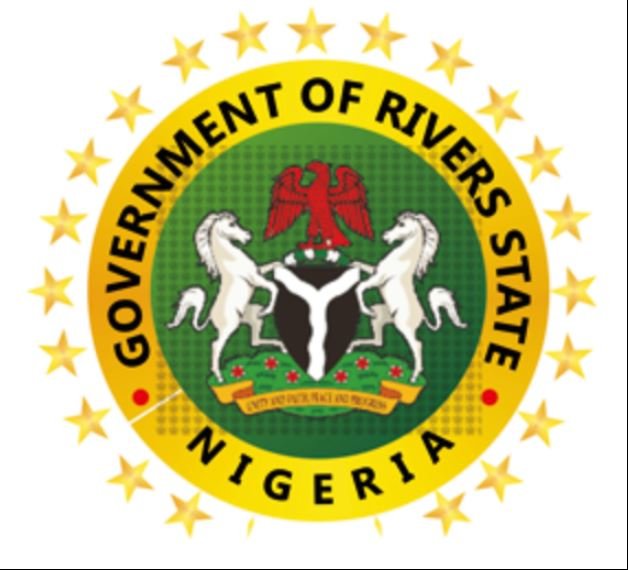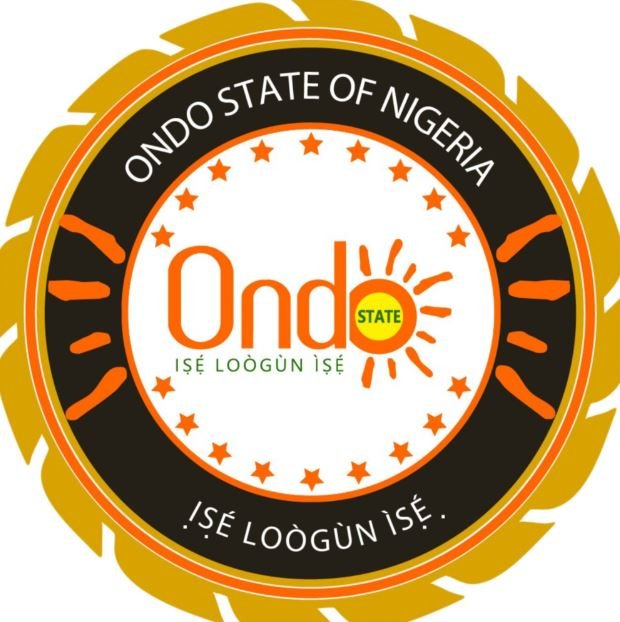
Complete List Of LGAs In Rivers State and Their Chairmen
This article contains comprehensive information about all the Local Government Areas in Rivers State and the current Chairmen. Read on to grasp the full information.
| No. | LGA | Chairman |
|---|---|---|
| 1 | Abua/Odual | Vincent Reuben Obu |
| 2 | Ahoada East | Chibudom Ezu |
| 3 | Ahoada West | Iyekor Ikporo |
| 4 | Akuku-Toru | Mrs Tonye Oniyide |
| 5 | Andoni | Lazarus Gogote Nteogwuile |
| 6 | Asari-Toru | Dr Sule Amachree |
| 7 | Bonny | Dame Anengi Barasua |
| 8 | Degema | Dr Harry Agiriye |
| 9 | Eleme | Brain Gokpa |
| 10 | Emohua | David Omereji |
| 11 | Etche | Uzodinma Nwafor |
| 12 | Gokana | Oga Monday Dumiye |
| 13 | Ikwerre | Israel Abosi |
| 14 | Khana | Martins Nwigbo |
| 15 | Obio/Akpor | Chijioke Ihunwo |
| 16 | Ogba/Egbema/Ndoni | Prince Isaac Umejuru |
| 17 | Ogu/Bolo | Ishmael Oforibika |
| 18 | Okrika | Dr Igwe Achese |
| 19 | Omuma | Promise Reginald |
| 20 | Opobo/Nkoro | Enyiada Cookey-Gam |
| 21 | Oyigbo | Gift Okere |
| 22 | Port Harcourt | Ichemati Ezebunwo |
| 23 | Tai | Matthew Nenubari Dike |
READ ALSO: Complete List Of Ondo State House Of Assembly Members
About The Capital of Rivers State
Rivers State’s capital is Port Harcourt. Of all the Local Government Areas (LGAs) in Rivers State, Port Harcourt is the largest and has the greatest population. The capital of Rivers State, Port Harcourt, is an important hub for the management and governance of the state.
Rivers State’s governor, who serves as the head of the state administration, resides there for a term of four years, renewable once every four years, the governor of Rivers State is directly elected by popular vote.
Appointing commissioners, heads of government agencies, and judges are only a few of the governor’s many executive authority.
A bill passed by the House of Assembly must get the governor’s approval to become law, and the governor is also an important player in this process.
The Governor also has the right to appoint judicial officers and to grant reprieves and pardons. These are examples of their judicial powers.
In addition, the Rivers State University of Science and Technology (RSUST), founded in 1980, is located in Port Harcourt. The Niger Delta’s first state-owned university and Nigeria’s first technological university is RSUST.
The university’s several colleges and institutes provide various undergraduate and graduate academic programs. Furthermore, RSUST is committed to generating scientific and technical labor, advancing scholarship, and meeting Nigeria’s social, cultural, and economic demands.
The university plays a significant role in Port Harcourt’s educational and developmental environment in Rivers State.
Some Sources of Rivers State Revenue
The Rivers State Internal Revenue Service (RIRS) receives funding primarily from the following sources:
1. Direct taxes, such as those levied by the state ministries, departments, and agencies (MDAs) under the PAYE (Pay As You Earn) system Federal MDA taxes; taxes on the exchange of foreign currencies; and other levies such as the State Security Council Levy (SSCL)
2. Permissions and licenses from several state ministries and organizations, including Ministries of Commerce & Industry, Ministry of Health, Ministry of Housing, Ministry of Transport, Ministry of Lands, Ministry of Energy & Natural Resources, Ministry of Agriculture, Ministry of Housing, Ministry of Work.
To assess, collect, and maintain records for all taxes, fines, and levies in Rivers State, the Internal Revenue Service (RIRS) was founded in 1993.
It is essential for the state government’s revenue generation, which allows it to finance public services and development initiatives.
Some Basic Facts About Rivers State
Rivers State is renowned for its abundant natural resources and rich cultural legacy. It is situated in the Niger Delta. Here are a few fundamental details regarding Rivers State:
1. Metropolis City: Port Harcourt which is the capital of Rivers State, serves as one of Africa’s fastest-growing cities.
2. GDP: In 2007, Rivers State’s GDP was $21.07 billion, making it the second-largest economy in Nigeria. The state’s per capita income was $3,965.
Approximately one-third of Nigeria’s gross domestic product, gross domestic and national income, and foreign exchange are produced by the state.
3. Natural riches: More than 40% of Nigeria’s output is produced in Rivers State, well-known for having enormous deposits of natural gas and crude oil.
In addition, the state has an abundance of solid minerals, most of which are undeveloped, including silica sand, glass, and clay.
4. Commercial: Although there aren’t many manufacturing operations in Rivers State, there are some noteworthy initiatives in this field.
Some manufacturing businesses can be found in the Trans Amadi Industrial Estate in Port Harcourt, and the Eleme/Onne industrial hub—businesses like Notore Chemical Industries, the Nigerian Petroleum Refinery Company, and Indorama Eleme Petrochemicals Limited.
5. Fishing and Agriculture: In Rivers State, these two industries contribute significantly to the state’s economy. The state includes a large amount of highland, arable terrain that is ideal for growing crops.
The principal crops that are grown include plantains, melon, pineapples, cassava, cocoyam, rice, beans, and vegetables.
The main cash crops are jute, rubber, coconut, raffia palm, and items made from oil palm. Rivers State has long been a fishing destination; over 270 different species of fish have been found there. Artisanal fishermen make up almost all of the fishing population.
References


